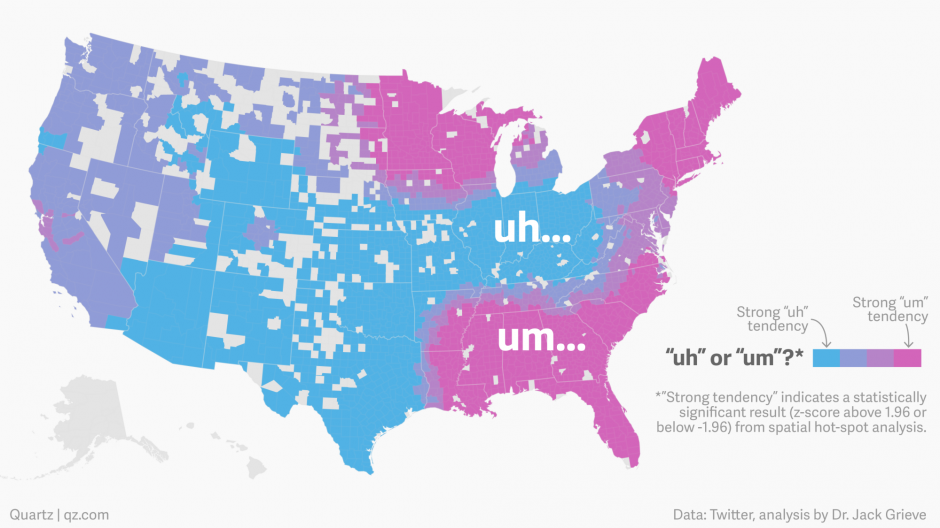PRI has this great story/article on the way we navigate different modes of media when we read digitally vs. when we read on paper. My favorite quote from the article (which includes the link to the whole thing): “If you don’t use the deep reading part of your brain. You lose the deep reading part of your brain.”
Excerpt:
” “The problem is that many of us have adapted to reading online just too well. And if you don’t use the deep reading part of your brain, you lose the deep reading part of your brain.”
So what’s deep reading? It’s the concentrated kind we do when we want to “immerse ourselves in a novel or read a mortgage document,” Zoromodi says. And that uses the kind of long-established linear reading you don’t typically do on a computer. “Dense text that we really want to understand requires deep reading, and on the internet we don’t do that.”
Linear reading and digital distractions have caught the attention of academics like Maryanne Wolf, director of the Center for Reading and Language Research at Tufts University.
“I don’t worry that we’ll become dumb because of the Internet,” Wolf says, “but I worry we will not use our most preciously acquired deep reading processes because we’re just given too much stimulation. That’s, I think, the nub of the problem.””



